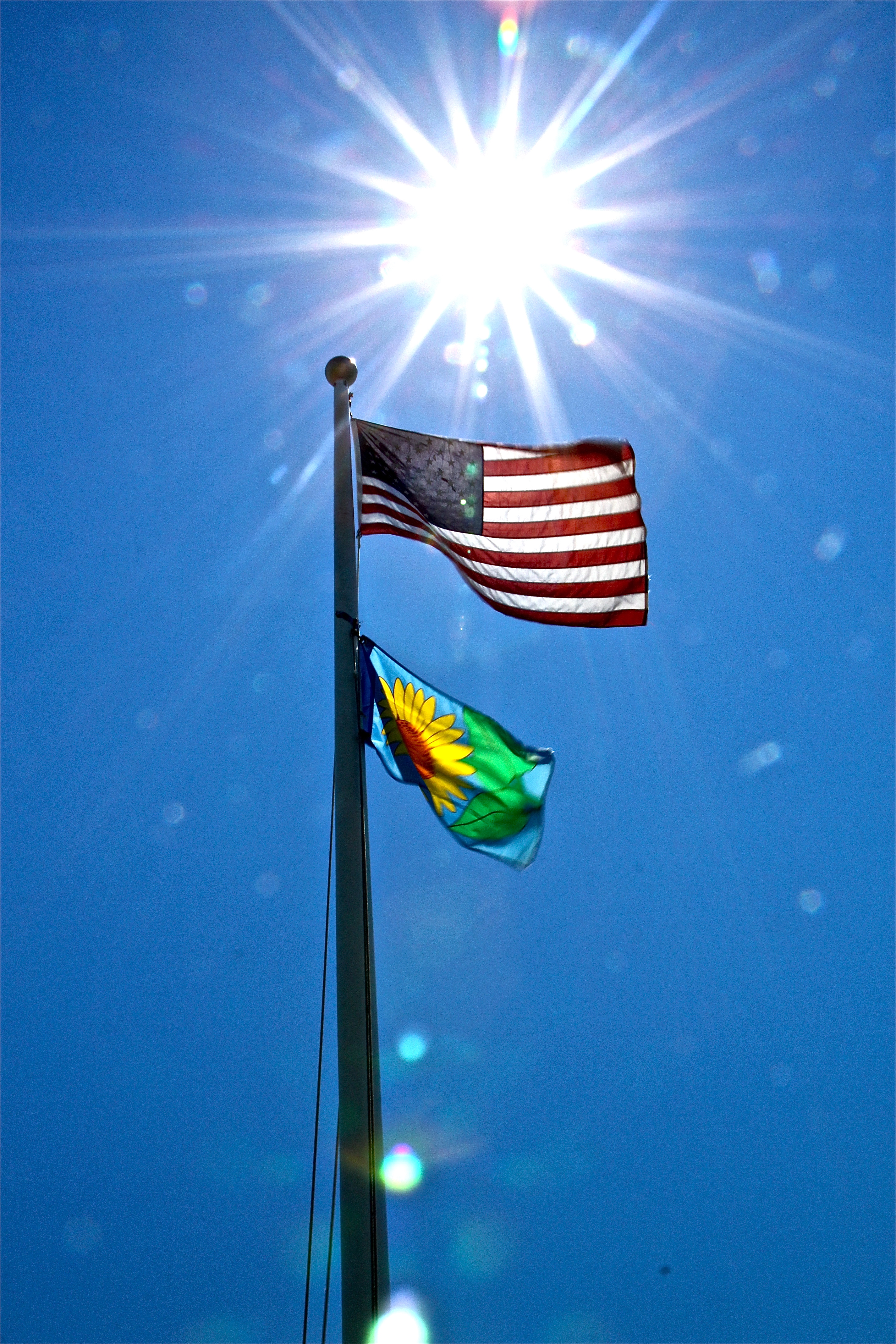Respect The Sun
We may be heading into the fall, but temperatures are still soaring in many parts of the country. And outdoor activities are still popular at this time of year in all regions, whether they involve hiking, biking, or barbecuing!
Although we used to think that soaking up the sun could only be good for us, we now know that this isn’t necessarily the case, and the dangers of ultraviolet rays are well known.
The Sun’s Rays:
The sun produces two types of rays that can penetrate the atmosphere and cause health problems associated with sun exposure:
- Ultraviolet A (UVA) Rays: These comprise about 95% of the UV radiation that reaches the earth’s surface. Although less intense than UVB rays, their prevalence is higher and they can penetrate the skin more deeply. Their intensity is similar during daylight hours at all times of the year, and they can also penetrate glass and clouds. This is the predominant ultraviolet form that is emitted by tanning booths, and these powerful booths can emit up to 12 times the dose of UVA as the sun. Consequently it is not surprising that people using tanning booths are more likely to develop skin cancers such as basal cell carcinoma, squamous cell carcinoma, and malignant melanoma.
- Ultraviolet B (UVB) Rays: These represent the main cause of reddening of the skin and sunburn due to sun exposure. The highest amount of UVB is emitted in the US between 10am and 4pm from April to October. It should be remembered, however, that UVB damage is possible all year round, especially in people at high altitudes. Surfaces such as ice or snow can also reflect the UVB rays such that they can hit the skin twice. These rays, however, do not have any significant ability to penetrate through glass.
What Are The Effects Of Sun Damage On Our Skin?
Both UVA and UVB can penetrate the atmosphere and contribute to various health problems, in particular:
- Premature aging of the skin
- Skin cancers
- Eye conditions such as cataracts
It should be remembered that sun damage is permanent and cumulative. The short-term effects of excessive, unprotected exposure to UV rays are sunburn and tanning. Long-term exposure causes the skin to age prematurely, leading in particular to wrinkles, age spots, and skin cancer.
Skin cancer represents the most common cancer type, with more than 2 million Americans diagnosed with some form of this disease annually – more than lung, prostate, breast, pancreatic, colon, ovarian, and uterine cancers combined. The staggering number of skin cancer cases has also steadily increased over the past 30 years.
UV radiation is now recognized as a carcinogen by both the US Department of Health and Human Services, and the World Health Organization. It is considered the main cause of non-melanoma skin cancers (including basal cell carcinoma and squamous cell carcinoma) which affect more than 250,000 Americans each year. It is also believed that UV radiation frequently plays a key role in malignant melanoma formation. This is the most deadly type of skin cancer, killing more than 8,000 Americans annually.
The good news, however, is that skin cancer is a largely preventable cancer, since most cases are linked to sun exposure. So as we enter the holiday weekend, and the final week of our official summer, don’t forget to respect your skin and eyes while you enjoy the sunshine outdoors. Take adequate precautions to protect yourself from the sun’s powerful rays.

Love your new site!
Hi Anne! Thanks for stopping by! I’ve been here a while now, I much prefer the wordpress templates over blogger. Currently in the procrastination process of changing to a paid wordpress hosting – I have a paid website already, but haven’t been happy with the functionality of it over the past 9 months or so. That’s why I set up the blog separately. Aiming to get rid of the website completely & just replace it with a paid site from wordpress. Just a slow and painful process for me since I’m not at all tech savvy!
If you’ve ever seen a 40-year old sun goddess, you’ll never do that to yourself. Their skin is leather.
Oh my goodness, I know. I’m very over-cautious when it comes to skin protection in the sun. But I prefer it that way.